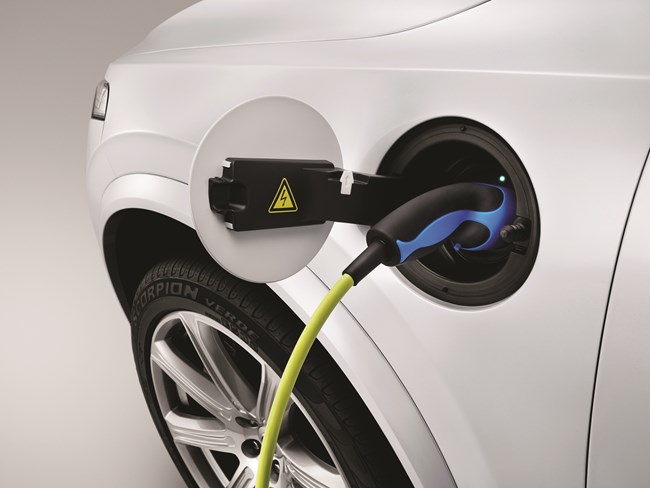
The start point for the best source of fleet information |
Fleets must address issues around EV charging and home working, Fleetcheck warns
Date: 21 September 2020 | Author: Sean Keywood

The rise of EVs and the effects of the coronavirus pandemic have created a 'home working, home charging' model that fleets need to address, according to Fleetcheck.
The fleet software company says that this relates to an emerging, but potentially important new subset of company car drivers, who now work largely from home, and are set to choose an electric company car because of low BIK tax, alongside other considerations.
Managing director Peter Golding said that this was a new type of fleet user, who in a matter of years might become the typical company car driver.
He said: "This is someone who last year probably covered 20,000 miles a year in a diesel company car, but thanks to the coronavirus situation is probably next year going to halve that figure with video conferencing, and intends to minimise their personal tax by choosing an EV.
"This emerging employee has some idiosyncrasies that create a number of issues fleet managers need to tackle, probably the most important of which is risk management."
Golding said risk management was a key factor because of the particular characteristics of home-based EVs.
"These are vehicles that will rarely be seen by fleet managers on the company car park and there need to be auditable processes in place to ensure that they are regularly inspected for safety and general condition.
"Of course, this should already by happening for all your fleet vehicles but there is an argument that these home-based EVs are particularly vulnerable.
"This is underlined by the fact that the service and maintenance characteristics of EVs will mean that many require expert technical attention less frequently than their petrol or diesel equivalents, so will potentially infrequently visit dealer or other workshops."
According to Golding, another major area of concern is the fair reimbursement of expenses for charging EVs at home.
He said: "There is now, of course, an AFR rate of four pence per mile for EVs but we believe that fleets should be carrying out their own calculations to ensure that this amount is fair and representative of what employees are paying. It is quite a blunt instrument.
"It is also arguable that employers should be helping home working, home charging drivers to ensure that they have some form of fast charger fitted at home in order to make most efficient use of their EV. Businesses may want to consider paying for these in part or full.
"There may also be an argument to ensure that drivers have access to journey planning tools to enable them to make the most of their EV's range and access charging en route."










